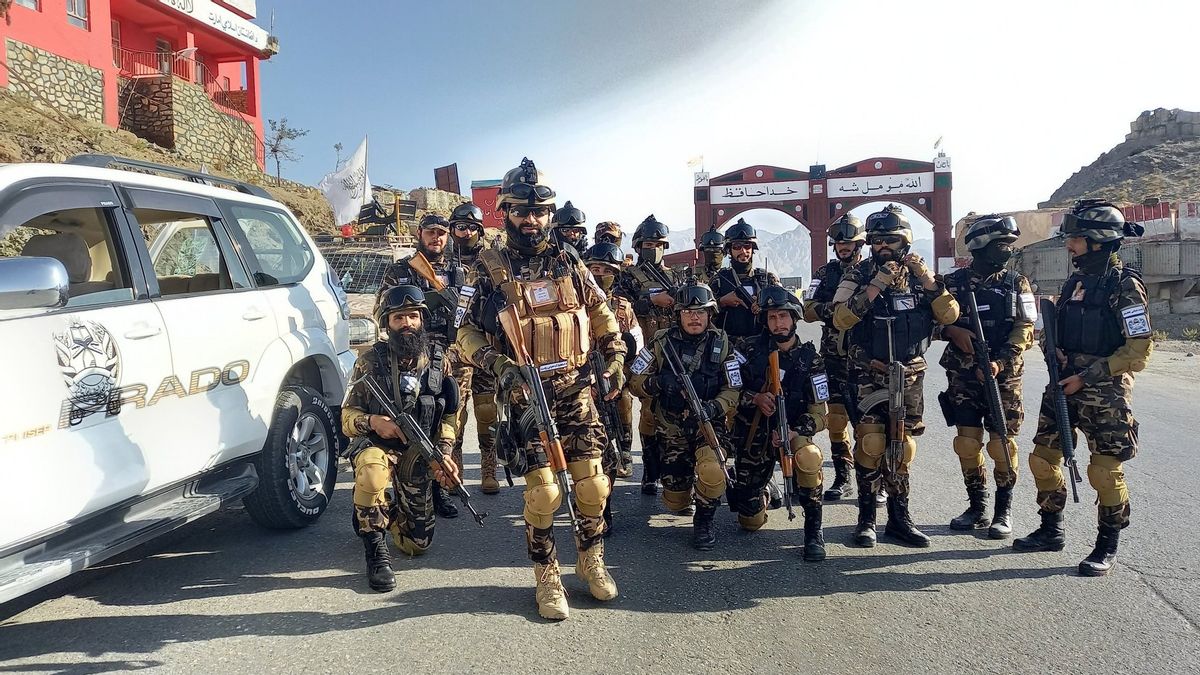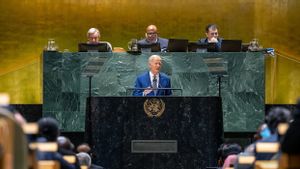JAKARTA - The United Nations recorded more than 1,600 cases of human rights abuses against people detained by Taliban authorities, of whom nearly half were acts of torture and abuse largely carried out by police and intelligence agents, according to reports released on Wednesday.
The UN mission to Afghanistan (UNAMA) said 18 people died in prison and were in police or intelligence custody in the past 19 months until July 2023.
The Taliban have been regulating and controlling police and intelligence agencies since they took over the country when foreign forces withdrew in 2021.
"In an attempt to gain recognition or other information, prisoners were subjected to severe pain and suffering, through physical beatings, electric shocks, closing respiratory lines, stress positions, coercion of drinking water to closing the eyes with threats," UNAMA said in a statement.
Other violations include not being informed of the reasons for the arrest, unable to provide legal assistance to the inadequate medical care in detention.
Furthermore, about one in ten violations occurred against women. Journalists and civil society members accounted for nearly a quarter of the victims of the violation.
Separately, in a joint response to the report, the Taliban-led Foreign Ministry said the number of reported violations was inaccurate, especially the number of journalists or civil society activists affected.
The ministry said authorities and the judiciary were seeking to increase surveillance, ensuring compliance with the decision of the supreme leader which prohibits torture or coercion of recognition.
VOIR éGALEMENT:
The United Nations said the decision, and allowed access to prisons, was "an encouraging sign", but called for further action to improve the situation.
"These documented cases highlight the need for urgent and accelerated action by all parties," said Roza Otunbayeva, Special Representative of the Secretary-General for Afghanistan and the Head of UNAMA.
"There is an urgent need to consider more engagement with de facto authorities to end these practices," he said.
The English, Chinese, Japanese, Arabic, and French versions are automatically generated by the AI. So there may still be inaccuracies in translating, please always see Indonesian as our main language. (system supported by DigitalSiber.id)














